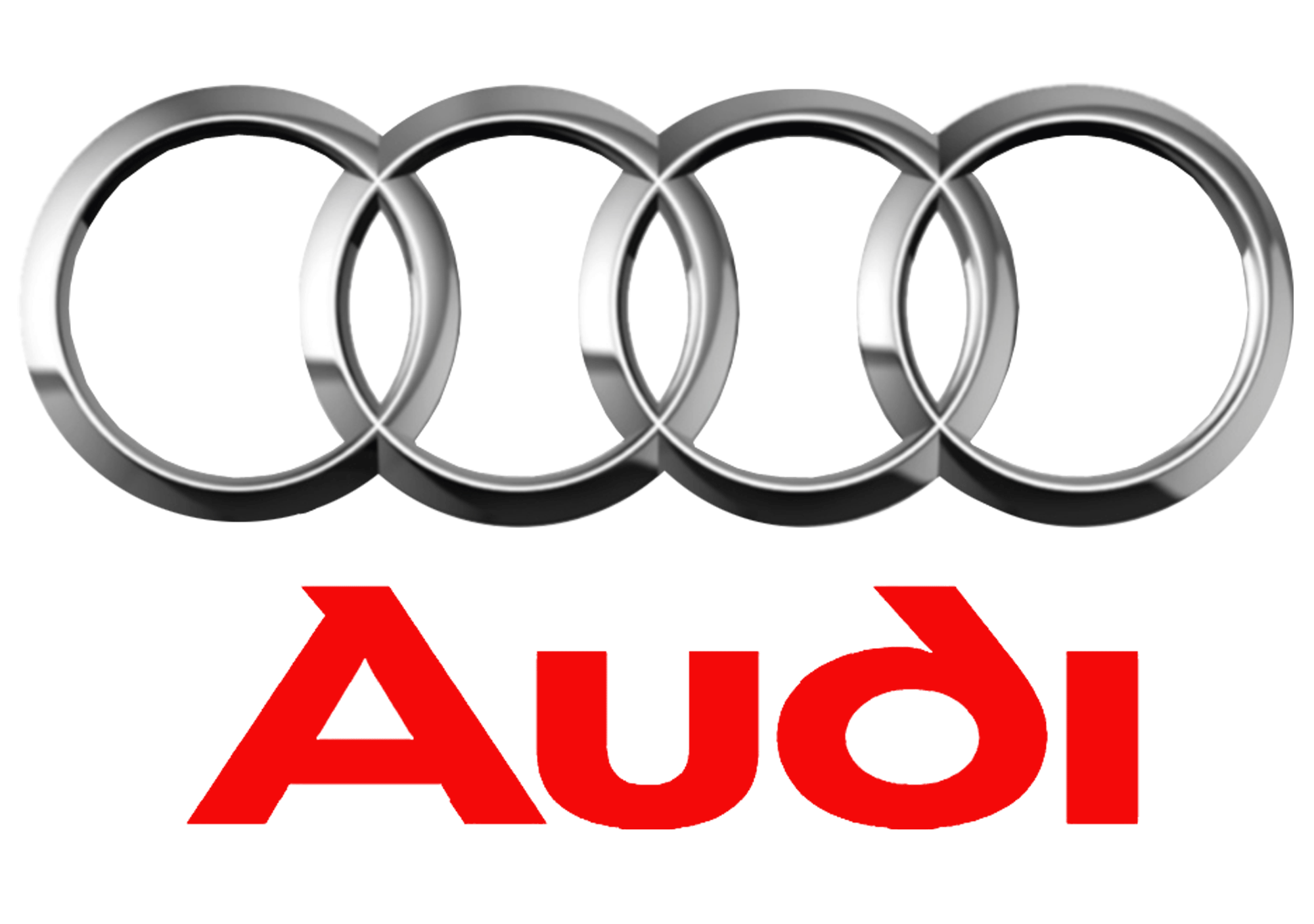Blog
Common Problems When Buying Cars In Dubai
Dubai is known for its luxurious lifestyle, and the car market is no exception. Whether you’re buying a brand-new luxury vehicle or a second-hand sedan, the process can be exciting yet challenging. However, there are several common problems that buyers face when purchasing cars in Dubai. Being aware of these issues can help you make a more informed decision.
1. Hidden Costs and Fees
One of the biggest challenges of buying a car in Dubai is the hidden costs that may not be apparent at first. These can include registration fees, insurance, Salik (toll system) charges, and VAT (Value Added Tax). Some dealerships also add extra administrative fees, which can significantly increase the final price.
2. Odometer Tampering
When purchasing a used car, odometer fraud is a major concern. Some unscrupulous sellers roll back the odometer to make the vehicle appear less used than it actually is. This practice can lead to buyers overpaying for a car that has higher wear and tear than expected. Always request a full service history and consider getting the car checked by a trusted mechanic.
3. Unverified Accident History
Many used cars in Dubai come from rental companies or have been involved in accidents. Some sellers may not disclose the full accident history, leaving buyers unaware of underlying issues. It’s essential to get a comprehensive vehicle history report from authorities like the RTA (Roads and Transport Authority) or private services such as CarReport or Carfax.
4. Import Issues and Grey Market Vehicles
Dubai has a large market for imported cars, some of which may not be suitable for the local climate. These cars, often called grey market vehicles, may not meet UAE specifications, affecting their resale value and performance. Some imported cars may lack warranty coverage from local dealerships, leading to expensive repairs.
5. Financing and Loan Difficulties
While financing options are widely available, interest rates and eligibility criteria vary significantly. Expats, in particular, may find it challenging to get a car loan without a long-term residency visa or a stable income. Some banks require a high down payment, and certain vehicles may not be eligible for financing.
6. Fake or Non-Genuine Spare Parts
Dubai’s car market also has issues with counterfeit spare parts, especially for luxury and high-end cars. Some sellers may use low-quality or fake parts to make a vehicle appear well-maintained. Always check for genuine manufacturer parts and ensure servicing has been done by an authorized dealer.
7. Warranty and Service Contract Scams
Some dealerships promise extended warranties or service contracts but fail to deliver. Buyers may later find that the warranty does not cover essential repairs or has strict conditions. Always read the fine print and verify what is included in the warranty before making a purchase.
8. Unregistered or Blacklisted Vehicles
Some sellers try to offload blacklisted or unregistered vehicles, which could have legal issues, pending fines, or even be reported as stolen. Always check the RTA records to confirm the legal status of the vehicle before making any payments.
How to Avoid These Problems
- Do thorough research before purchasing a car.
- Check the car’s history report for accidents, mileage, and ownership records.
- Get an independent mechanic inspection to verify the condition.
- Verify all fees and costs before finalizing the deal.
- Use reputable dealerships and avoid buying from unverified sources.
- Ensure the vehicle meets UAE specifications if it’s an import.
- Read the warranty and service contract terms carefully.
Final Thoughts
Buying a car in Dubai can be a smooth process if done correctly. By staying informed and vigilant, you can avoid these common pitfalls and ensure that your investment is safe and worthwhile. Whether you’re opting for a brand-new vehicle or a second-hand deal, taking the necessary precautions can save you from potential financial and legal troubles.

